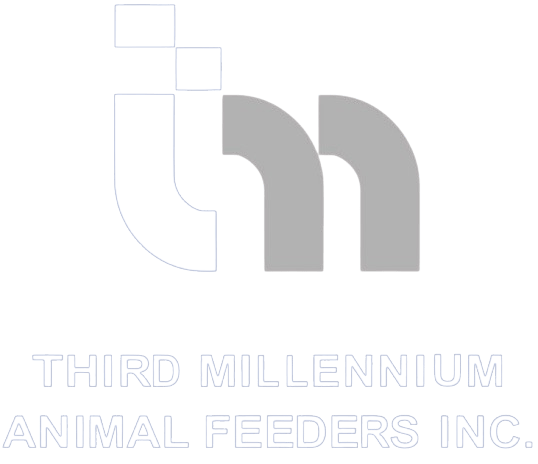


Inorganic feed phosphate
Inorganic feed phosphate, such as monocalcium phosphate (MCP) and dicalcium phosphate (DCP), is commonly used in ruminant diets as a source of supplemental phosphorus. Here are some benefits of using inorganic feed phosphate in ruminant nutrition:
- Phosphorus supplementation: Phosphorus is an essential mineral for ruminants, playing a crucial role in various physiological processes, including bone formation, energy metabolism, and milk production. Inorganic feed phosphate provides a readily available source of phosphorus, ensuring that the dietary requirements of ruminants are met. Phosphorus deficiency can lead to reduced growth, impaired reproductive performance, and skeletal abnormalities in ruminants.
- Calcium balance: Inorganic feed phosphate, particularly dicalcium phosphate, also contributes to the calcium requirements of ruminants. Maintaining a proper calcium-to-phosphorus ratio is crucial for optimal skeletal health, nerve function, and muscle contraction. Inorganic feed phosphate helps balance the calcium-phosphorus ratio in ruminant diets, ensuring that both minerals are available in appropriate proportions.
- Ruminal pH regulation: Inorganic feed phosphate can aid in maintaining the optimal pH in the rumen, which is important for rumen microbial activity and overall rumen function. It serves as a buffering agent, helping to stabilize ruminal pH by neutralizing excess acids produced during fermentation. This contributes to improved rumen health and microbial activity, which, in turn, enhances feed digestion and nutrient utilization.
- Improved feed efficiency: Supplementing ruminant diets with inorganic feed phosphate has improved feed efficiency. Adequate phosphorus availability allows for better utilization of dietary nutrients, leading to enhanced growth rates and milk production. Phosphorus is involved in energy metabolism and the synthesis of ATP (adenosine triphosphate), which is the primary energy currency of cells.
- Skeletal health and development: Phosphorus is a key component of bones and teeth, and it plays a vital role in skeletal health and development in ruminants. Inorganic feed phosphate provides the necessary phosphorus for proper bone mineralization, ensuring strong skeletal structure and reducing the risk of skeletal disorders such as rickets or osteomalacia.
- Reproductive performance: Phosphorus is essential for reproductive processes in ruminants. Adequate phosphorus levels are necessary for optimal fertility, embryo development, and milk production during lactation. Inorganic feed phosphate supplementation can support reproductive performance in ruminants, contributing to improved conception rates and reproductive efficiency.
It’s important to note that the inclusion levels of inorganic feed phosphate in ruminant diets should be based on factors such as specific nutritional requirements, production goals, and the composition of the overall diet. Careful attention should be given to avoid over-supplementation, as excessive phosphorus levels can lead to environmental concerns, such as phosphorus runoff in manure. Consultation with a ruminant nutritionist or veterinarian experienced in the specific species and regional regulations is recommended to determine the appropriate inclusion levels and benefits of inorganic feed phosphate supplementation in ruminant diets.




